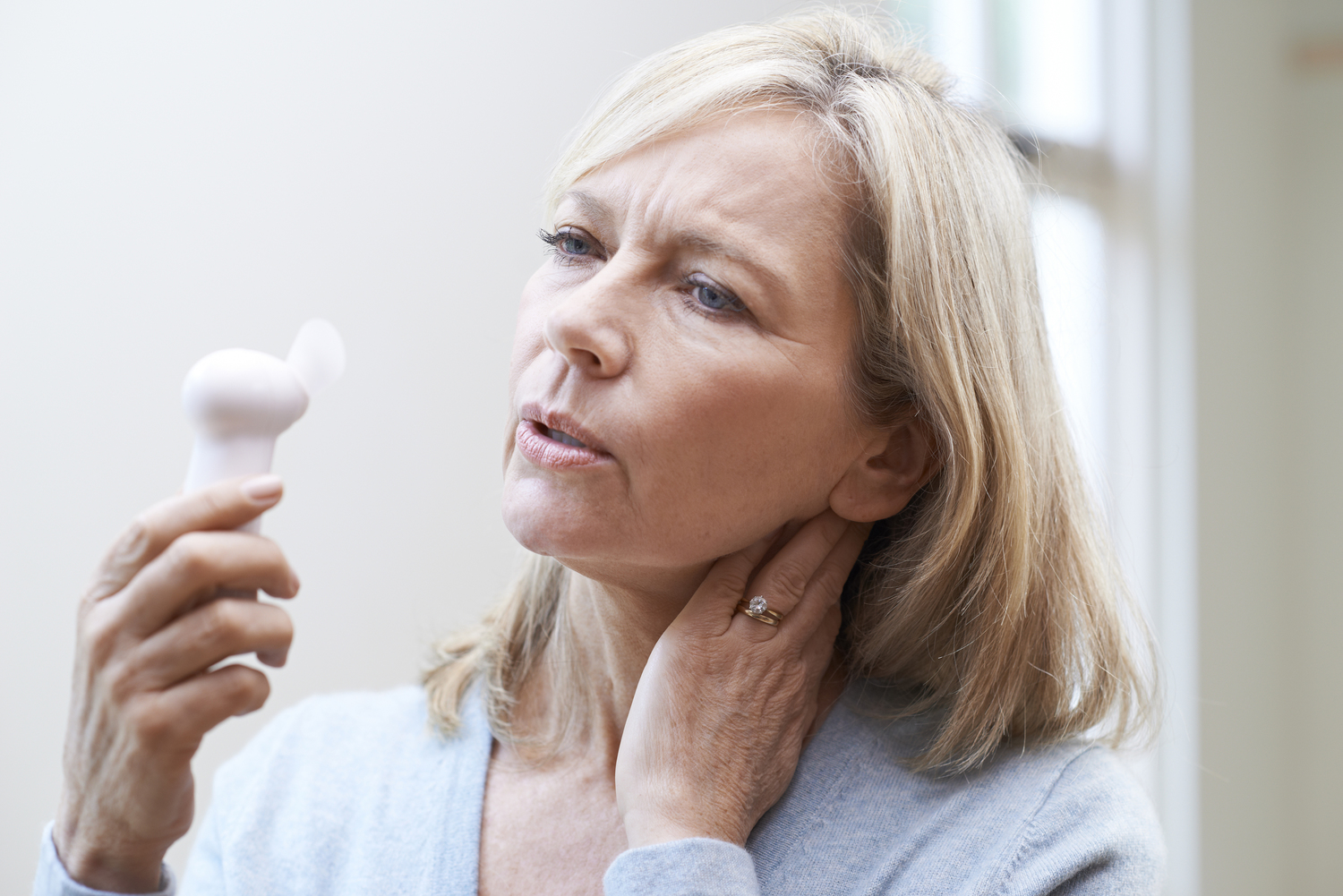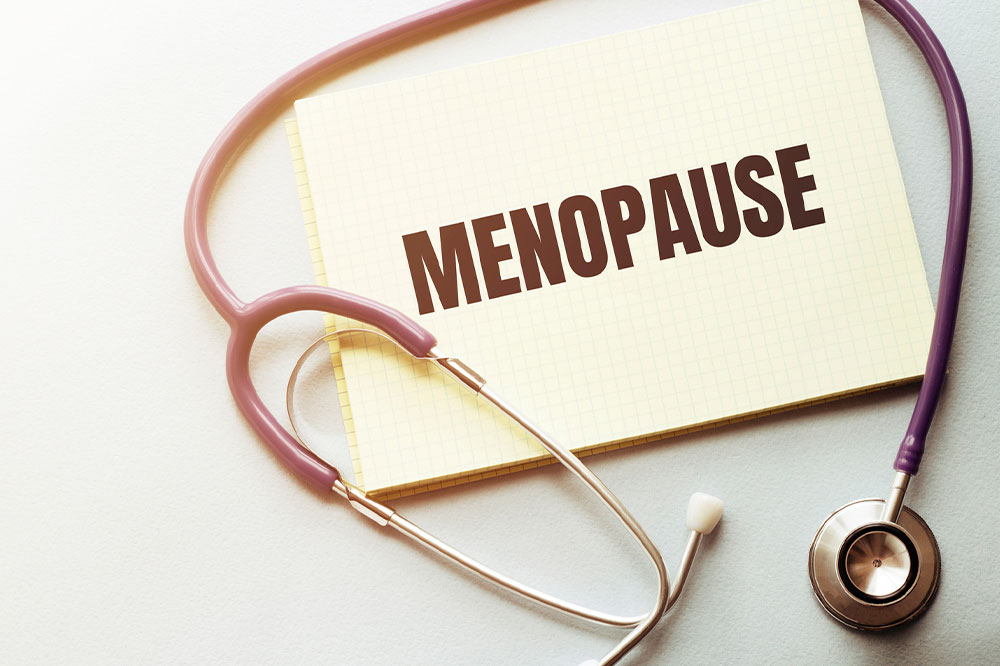Effective Strategies to Manage Menopausal Night Sweats
Managing menopausal night sweats involves understanding hormonal changes and adopting lifestyle adjustments like relaxation techniques, regular exercise, and environmental control. Consulting a healthcare provider is recommended if symptoms persist to explore medical treatment options and rule out other underlying causes.
Sponsored

Many women going through menopause experience frequent night sweats, characterized by unexpected sweating during sleep. This discomfort can disturb rest and affect daily life. While causes include infections, medications, heart conditions, blood pressure issues, cancers, or hyperhidrosis, menopause remains a common trigger. Night sweats during menopause result from hormonal fluctuations, especially a drop in estrogen levels impacting the brain’s temperature regulation center, the hypothalamus.
Understanding the Cause of Menopausal Night Sweats
The hypothalamus detects rising body temperature and signals sweat glands to cool the body. If you're affected by night sweats, there are practical ways to manage this issue effectively.
Relaxation Techniques Waking up due to hot flashes can make returning to sleep difficult. Practicing deep breathing exercises helps calm nerves and reduces the intensity of hot flashes, promoting better sleep.
Physical Activity Regular exercise can reduce the frequency and severity of night sweats and hot flashes. Maintaining a healthy weight is beneficial, as excess body fat can trap heat. Adjusting your diet to include cooling foods and avoiding heat-inducing ingredients can also help.
Optimize Sleeping Environment Manage room temperature with fans or cooling devices. Wearing breathable clothing like cotton or linen can help prevent overheating and moisture build-up during sleep.
If these home remedies do not relieve symptoms, consult a healthcare professional. They may recommend medications or hormonal therapies. Remember, night sweats can have various causes beyond menopause. Seek medical advice if you experience other unusual symptoms to ensure proper diagnosis and treatment.






